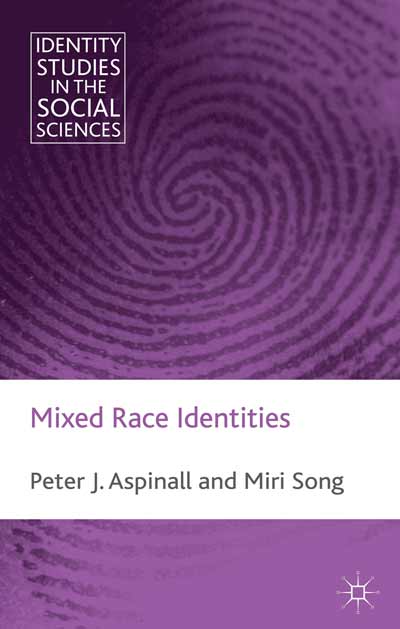Mixing it Up
Salon
2001-03-08
Suzy Hansen
Alabama just legalized black-white marriage. An expert talks about why it took so long and the American obsession with racial purity.
In November 2000, after a statewide vote in a special election, Alabama became the last state to overturn a law that was an ugly reminder of America’s past, a ban on interracial marriage. The one-time home of George Wallace and Martin Luther King Jr. had held onto the provision for 33 years after the Supreme Court declared anti-miscegenation laws unconstitutional. Yet as the election revealed — 40 percent of Alabamans voted to keep the ban — many people still see the necessity for a law that prohibits blacks and whites from mixing blood.
Werner Sollors, a professor of Afro-American studies at Harvard, was born in Germany and came to the United States in 1978. He has been studying and writing about the history of American interracial relationships since 1986. Sollors is the editor of the recently published “Interracialism: Black-White Intermarriage in American History, Literature, and Law,” a fascinating survey of legal decisions, literary criticism and essays by writers and scholars including Langston Hughes, W.E.B. Du Bois and Randall Kennedy. Salon spoke with Sollors by phone from his office in Cambridge about the mixed-race origins — and multiracial future — of the nation.
What took Alabama so long to overturn its anti-miscegenation law?
In the years after the Civil War, most of the Southern states made miscegenation bans part of their constitutions. And part of the constitutional provision was that no legislation should ever change them. These were not just ordinary laws that you could modify with a simple majority; they called for very complicated processes and very large majorities to be overturned.
In 1967, the Supreme Court invalidated these anti-miscegenation provisions with the Loving vs. Virginia case, and the Southern states began to adjust. But not right away. In the first 10 or 15 years, there wasn’t a lot of activism or popular support for having the laws changed — no politician wanted to be caught trying to remove those statutes. I think Mississippi did it in 1987 or 1988 — 20 years after the Loving vs. Virginia case…
…What’s been going on with racial categories in the census is also interesting.
The census had two rules. One is the 1997 rule that permitted everyone to mark more than one box in the 2000 census. Then came the 2000 evaluation procedure, which allowed the census to classify anyone who marked more than one box as part of the “people of color” category — if there was a white and color mix indicated.
Essentially, it’s one thing to say that a person can fall into multiple racial categories, but what happens to all the people in the old categories? It can have some disastrous consequences now because in some states, apparently many white Americans found it fashionable to indicate that they were Native American. In some counties where Native Americans were a minority they may now end up as a majority. There are lots of headaches with counting and civil rights and voting rights and districting that are going to come in the next two years as a result of this census decision…
Read the entire interview here.

